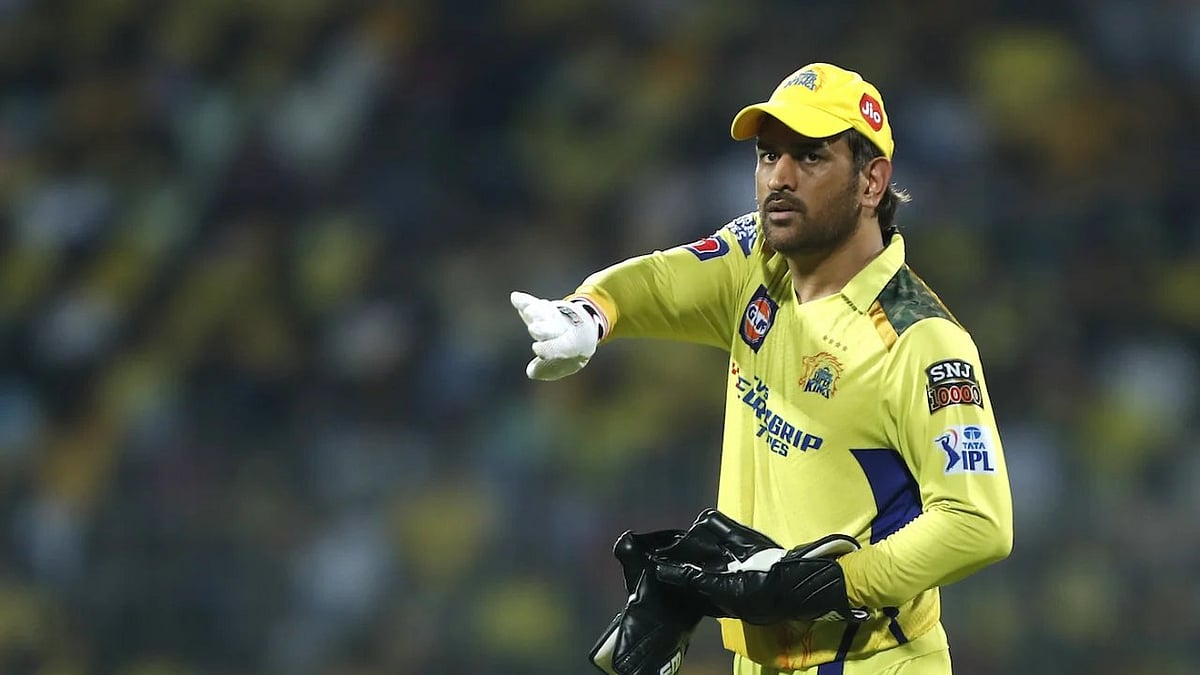Mumbai: Five Information Commissioners came together for a virtual conference on Tuesday and stated that the proposed Data Protection Bill (DPB) in its present form is against transparency and fundamental rights, which will not just shield corrupt politicians and bureaucrats but also hamper investigative journalism.
They have demanded that it should be ensured that DPB does not have an overriding effect on RTI, and that the government should consider extending the date for suggestions and objections while publicising DPB in more languages for everyone to have a say.
The attendees included former Chief Information Commissioner and Chief Secretary (Maharashtra) Ratnakar Gaikwad, Information Commissioner and former journalist from Madhya Pradesh Rahul Singh, former Central Information Commissioner and retired IPS officer Yashovardhan Azad, former Central Information Commissioner Shailesh Gandhi, and former Information Commissioner (Madhya Pradesh) and former journalist Aatmadeep.
The four provisions of the proposed DPB that have shaken the civil society – deletion of section 8 (1) (j) of the RTI Act, which allows personal data to be given for transparency, DPB having an overriding effect on RTI, definition of ‘person’ encompassing everything from a person, to government to institutions, and action on data breach that some feel includes publishing of new articles.
Mr Gaikwad said, “Even earlier, attempts to amend RTI were made for which Anna Hazare fasted and they were shelved. However, fears of activists of amendments were founded back then. The RTI Act was weakened by amendments in 2019. Only corrupt bureaucrats and politicians will benefit from such a proposed amendment now. On one hand we have Pegasus invading privacy and on the other hand such proposed amendments...”
Mr Singh said, “In many cases section 8(1)(j) is cited to deny information like a teacher’s attendance record who didn’t go to school, and contractors information, among others. I ask officers if they will deny this to Parliament or State Assembly as the section has that provision. When they say no, I direct them to give information. After amendment, this provision will go.”
Mr Azad said that the Constitution had made it very clear that no law would be made that would affect the fundamental rights of citizens. “35% of refusals are done citing 8(1)(j). From MLA fund usage to PM Cares to action on officers, information is not provided saying it is between the employers and employees. The Supreme Court said it will not give Collegium details but only final decisions. Will it set a precedent where even the government will now say notes cannot be given? As per RTI, information after 20 years should be given. Britain gave information after 50 years. Can a person not have the right to know on what basis nation or society loss a war?” said Mr Azad.
Mr Aatmadeep said that the Bill was also an attack on the media. “While increasing the scope of person to include government and institutions, it talks about action on personal data breach and accidental disclosure. Tomorrow, they can take action by saying that information was procured through illegal means as it was not given. No investigative journalism will be possible and it is an attack on the rozi-roti of journalists,” said Mr Aatmadeep.
Commissioners rued lack of political will and judicial will to take up RTI matters. While they said that civil society needed to act fast, speakers also conceded that not much had been done. “Civil society has not lived up to its duties but does it mean that we leave it at that? Court is not in favour of RTI, but if public opinion is created a lot can be achieved. If we can send a foreign government away by building public opinion and pressure, we can certainly persuade our own government,” said Mr Gandhi.





